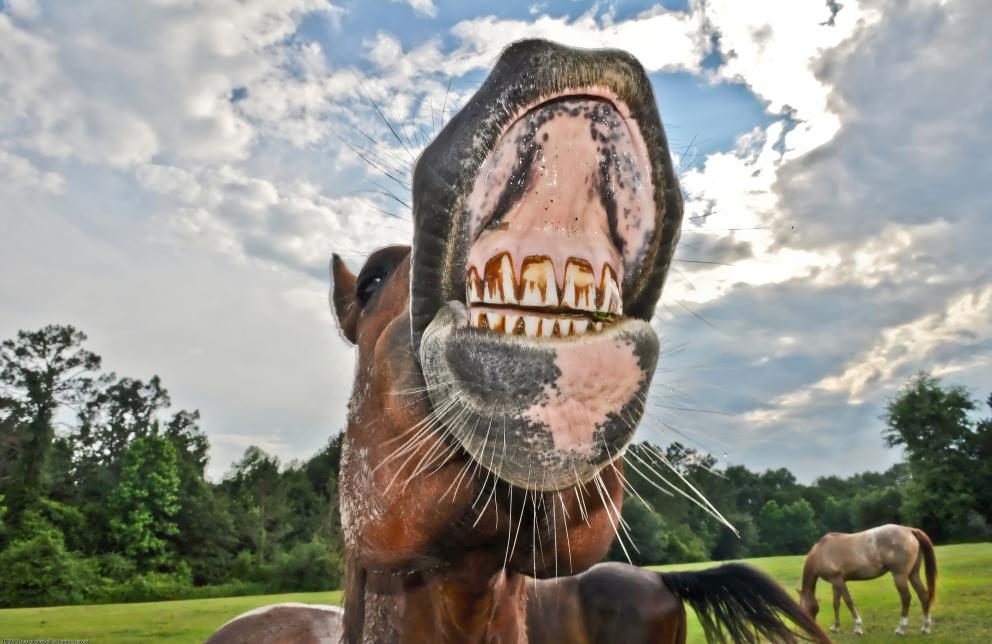Horse dental case studies provide valuable insights into the world of equine oral health. These studies not only highlight the challenges faced by horses but also offer solutions that enhance their well-being. Understanding these case studies is crucial for every equestrian enthusiast, as it sheds light on the importance of proper dental care for horses.
Equine dental care is an essential aspect of maintaining a horse’s overall health. Just like humans, horses require regular dental check-ups to ensure their teeth are in optimal condition. Neglecting this can lead to severe health issues, affecting their performance and quality of life. By examining various horse dental case studies, we can learn from real-life scenarios and apply these lessons to our horses.

Why is Equine Dental Care Important?
Proper dental care is vital for horses as it directly impacts their ability to chew and digest food efficiently. Dental issues can lead to weight loss, colic, and behavioral problems. Understanding the significance of equine dental care can prevent these issues and promote better health for your horse.
For more details on why horses need dental work, visit this link.
Common Dental Issues in Horses
Horses can face various dental problems, including sharp enamel points, hooks, ramps, and wave complexes. These issues can cause pain and discomfort, leading to difficulty in eating and drinking. Understanding these problems can help in early detection and treatment.
Sharp Enamel Points
Sharp enamel points are common in horses and can lead to mouth ulcers and discomfort. Regular dental check-ups can help in identifying and addressing this issue promptly.
To learn more about horse mouth ulcers, visit this resource.
Hooks and Ramps
Hooks and ramps occur when the upper and lower teeth do not align properly. This misalignment can cause uneven wear and tear on the teeth, leading to further complications.
The Role of Equine Dentists
Equine dentists play a crucial role in maintaining a horse’s oral health. They are trained to identify and treat dental issues, ensuring that horses remain pain-free and healthy.
For a detailed comparison between equine dentistry and veterinary care, visit this link.
Regular Dental Check-Ups
Regular dental check-ups are essential for preventing dental issues and ensuring that horses maintain optimal oral health. These check-ups allow for early detection and treatment of potential problems.
Floating a Horse’s Teeth
Floating is a common procedure used to file down sharp points on a horse’s teeth. This process helps in maintaining proper alignment and preventing discomfort.
For more information on floating a horse’s teeth, visit this source.
Case Study 1: Overcoming Severe Dental Issues
This case study focuses on a horse named Bella, who suffered from severe dental issues. Through regular check-ups and treatment, Bella’s dental health improved significantly, enhancing her overall well-being.
Case Study 2: Addressing Malocclusion
Malocclusion is a common dental issue in horses where the teeth do not align correctly. This case study highlights how early detection and intervention can prevent long-term complications.
Case Study 3: The Impact of Diet on Dental Health
This study explores the relationship between a horse’s diet and its dental health. Proper nutrition plays a crucial role in maintaining healthy teeth and gums.
Preventive Measures for Equine Dental Health
Prevention is always better than cure. Implementing preventive measures can significantly reduce the risk of dental issues in horses.
Regular Dental Examinations
Regular dental examinations are the first step in preventing dental issues. These check-ups allow for early detection and treatment of potential problems.
Proper Nutrition
A balanced diet is essential for maintaining healthy teeth and gums. Providing your horse with the right nutrients can prevent dental issues and promote overall health.

FAQs
What are the signs of dental problems in horses?
Signs of dental problems in horses include difficulty eating, weight loss, and behavioral changes. Regular check-ups can help in identifying these issues early.
How often should a horse have a dental check-up?
Horses should have a dental check-up at least once a year. However, older horses or those with known dental issues may require more frequent visits.
Can dental issues affect a horse’s performance?
Yes, dental issues can affect a horse’s performance by causing pain and discomfort. Addressing these issues can improve the horse’s quality of life and performance.
For additional information on equine dentistry, visit this external resource.
This article contains affiliate links. We may earn a commission at no extra cost to you.
